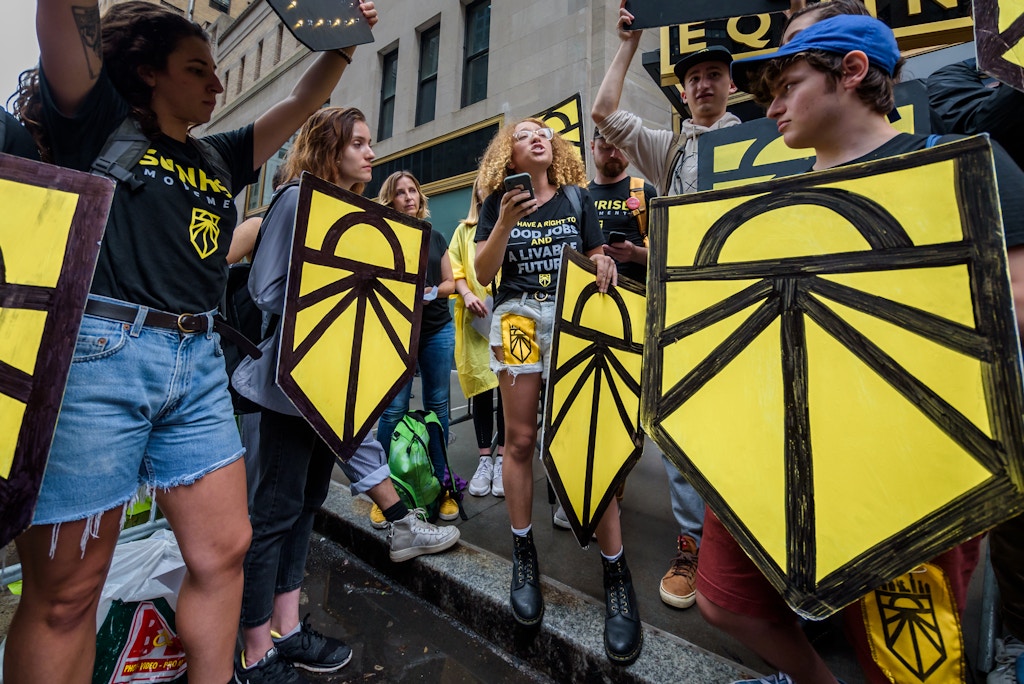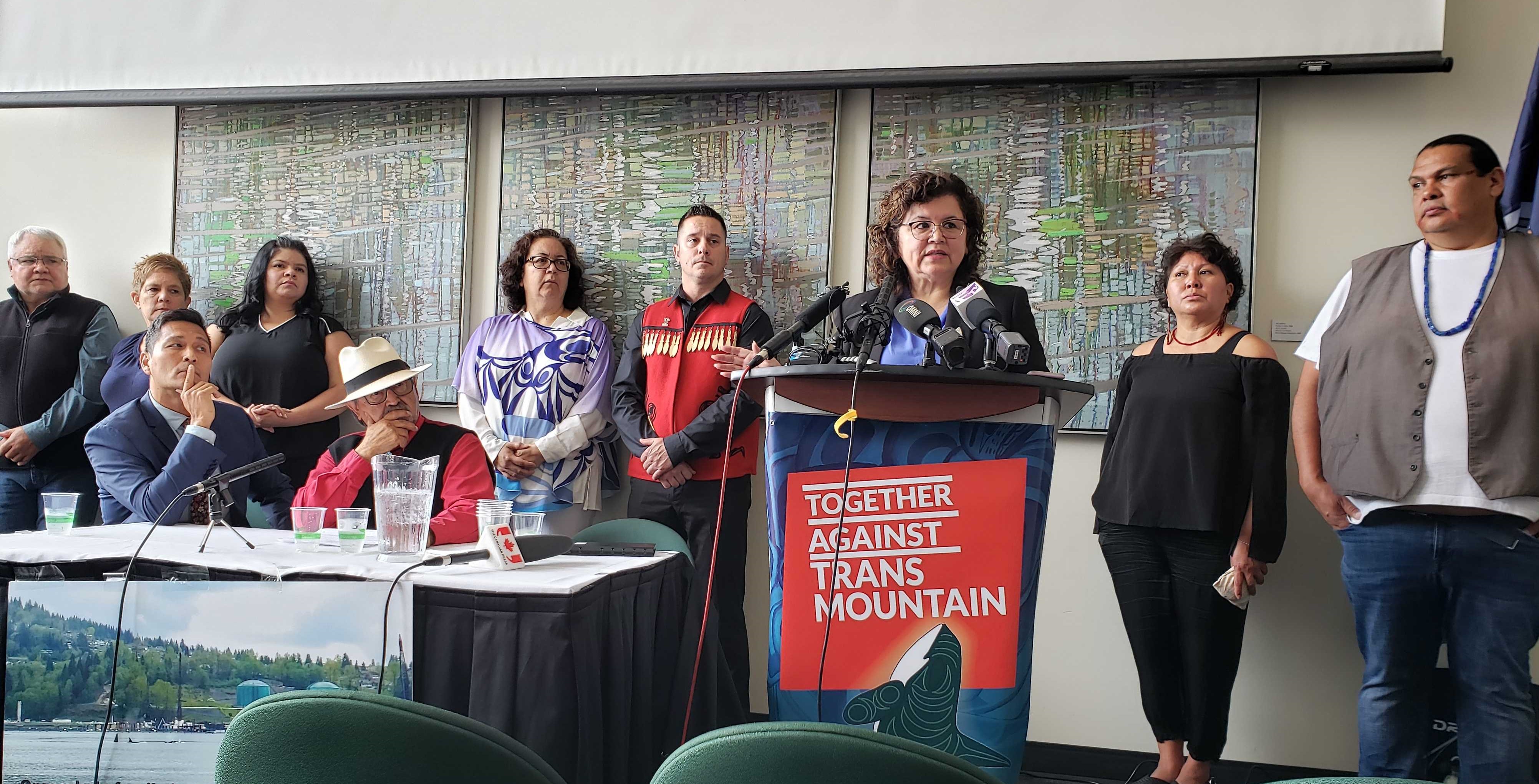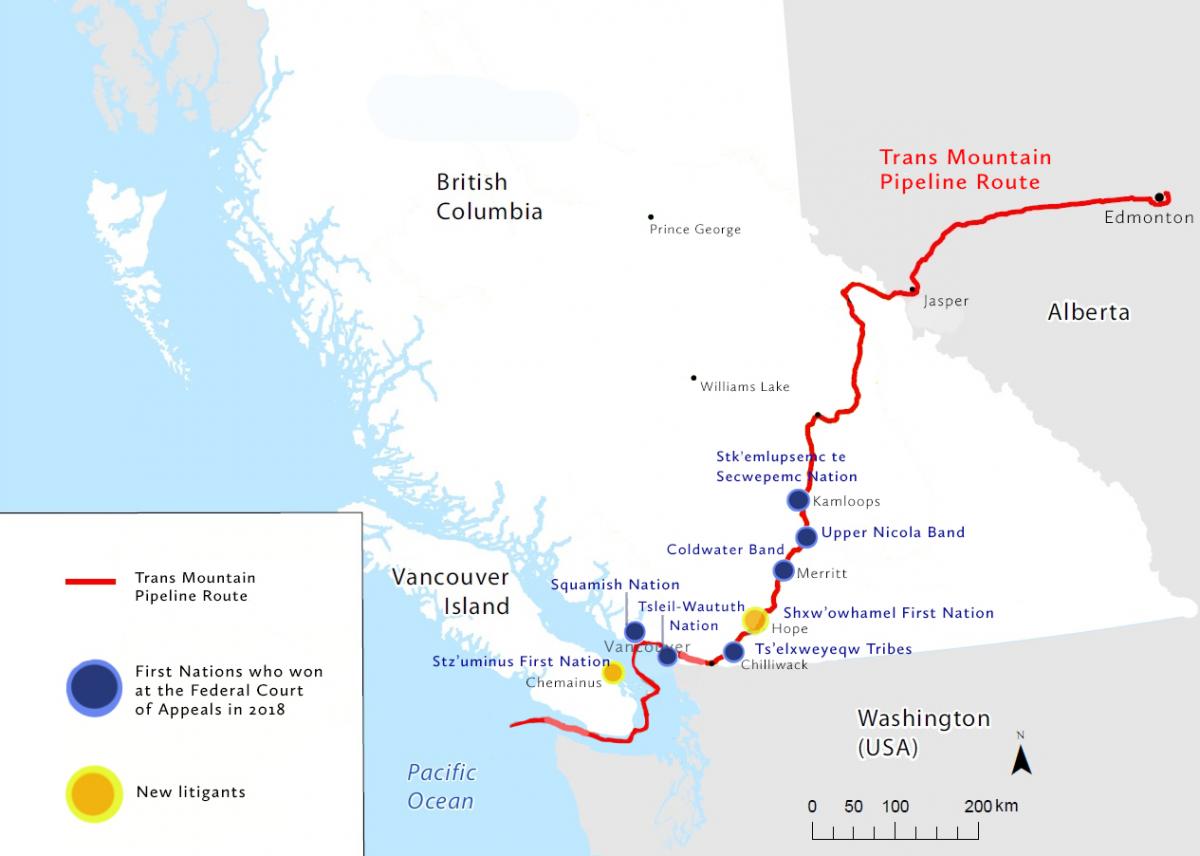 File photo of French President Emmanuel Macron. Photograph:( AFP )
File photo of French President Emmanuel Macron. Photograph:( AFP )
The Amazon needs better management to end the “ecocide” that is going on in the rainforest, French President Emmanuel Macron said on Friday ahead of a G7 summit at the weekend.
As forest fires rage in Brazil, Macron told French news website Konbini that the issue would be discussed at the meeting of world leaders this weekend in Biarritz.
“The Amazon is burning and this is an issue that concerns the entire world, because it is a source of biodiversity,” Macron said.
“We have a real ecocide that is developing everywhere in the Amazon and not only in Brazil,” he added.
Continuing a clash with Brazilian President Jair Bolsonaro, he criticised Brazil’s management of the Amazon.
“We need to find good governance of the Amazon. This means we need to involve NGOs and local populations much more than we do now, and we need to stop the industrial deforestation that is going on everywhere,” he said
In a tweet on Thursday, Macron had said the fires are “an international crisis” as the Amazon forests are the lungs of the planet, producing 20 per cent of its oxygen.
“People forget, the Brazilian president forgets, but France is in the Amazon. France’s biggest exterior border is between Guiana and Brazil, so we are there,” he added, referring to the French overseas territory on the northern coast of South America.
Macron said that at the G7 he would try to mobilise world leaders to raise financing to reforest the area as soon as possible and to develop mechanisms to prevent forest fires. MORE


 File photo of French President Emmanuel Macron. Photograph:( AFP )
File photo of French President Emmanuel Macron. Photograph:( AFP )





